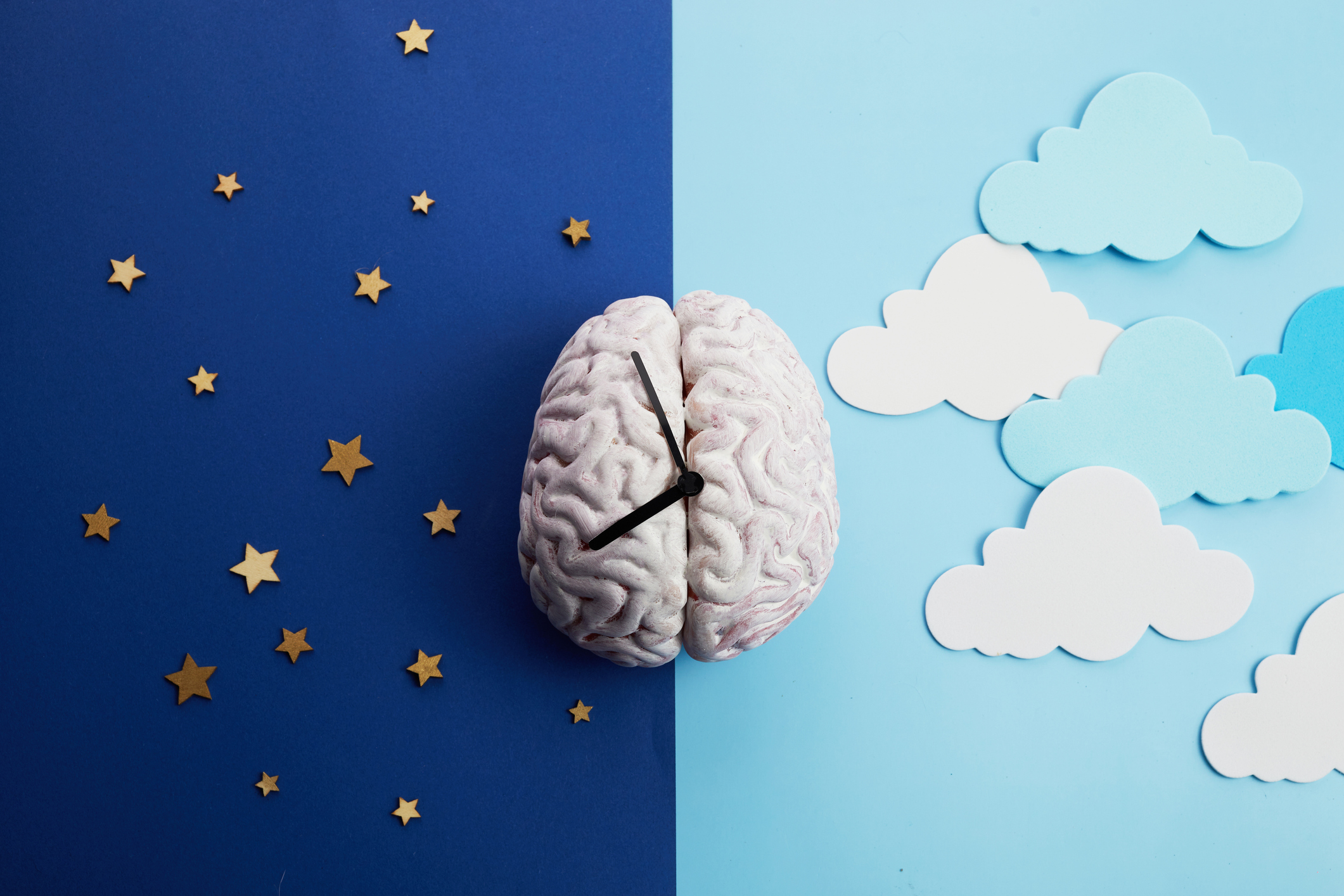
The use of melatonin supplements has jumped significantly in the US in recent years, prompting calls for more research into the effects of long-term melatonin supplementation in humans.
This is because relatively little research has been done on how taking melatonin pills regularly affects overall health. Especially in aging populations with Alzheimer’s or dementia. There is also support for melatonin recommended for the blind and struggle with a regular sleep schedule.
Synthetic versions of this hormone are often sold over the counter as sleep aids and research shows that it likely affects various aspects of health and well-being. The limited evidence available is also mixed on whether it benefits people who struggle with sleep.
A research paper published in JAMA last year drew attention to an estimated fivefold increase in people taking melatonin in the US between 1999 and 2018. The findings by a team of researchers in Beijing and the Mayo Clinic in Rochester, Minnesota, cite data from the National Health and Nutrition Examination Survey. They called for more research on this topic in the scientific community.
Melatonin
Melatonin is a natural hormone that our brain produces, which usually increases when we are exposed to darkness (at night) and decreases during the day. In this way, it plays a dynamic role in the regulation of sleep and circadian rhythms in humans and other mammals.
Melatonin and sleep
Physiological production of this hormone usually decreases in someone with age, which can affect sleep patterns. This is where oral melatonin supplements offer potential promise and are prescribed to dementia populations and those who struggle with sleep.
But the exact way melatonin regulates sleep is not fully understood. For example, in its natural state, it has no sedative effect. In fact, in nocturnal animalsthe natural chemical is active and associated with waking states, not sleep.
Read more: The importance of sleep for your body
Other uses for melatonin
Besides sleep, melatonin has also been shown to be a powerful immunomodulatory hormone and antioxidant, with properties that appear to lower blood pressure, up-regulate bone cell proliferation, and inhibit bone resorption, according to a detailed review published earlier this year Clinical interventions in aging.
Is melatonin safe?
Because of these many functions and some adverse effects with melatonin in limited studies, this review suggested that “melatonin should be considered a drug, albeit a relatively safe one, rather than a harmless dietary supplement.”
The Mayo Clinic considers melatonin supplements to be “generally safe” when treated as a hypnotic and used under medical supervision. But since the FDA defines the hormone as food supplementthe product receives little oversight and regulation in the US compared to over-the-counter and prescription drugs.
Melatonin and Alzheimer’s
Because both aging and dementia often affect sleep cycles in aging populations, some have turned to melatonin to help treat symptoms of Alzheimer’s and other fatal neurodegenerative diseases.
In this arena too the results are mixed based on limited clinical trials. One of the main dilemmas is weighing the long-term effects and possible risks of taking supplemental melatonin with the potential immediate benefits of managing symptoms such as insomnia.
Read more: There is a new FDA-approved drug to treat Alzheimer’s
Long-term side effects
“Some studies have found neuroprotective effects of melatonin itself, but there are also concerns about the long-term health effects of melatonin,” says Yue Leng, an epidemiologist at the University of California, San Francisco.
Just this year, Leng published a study that compared the potential risk of dementia associated with different sleep medications based on the race of the participants.
Inadequate evidence
This work shows that frequent use of sleep medications appears to be associated with an increased risk of dementia in white older adults. However, the scope of the study was unable to determine any links between dementia risk and melatonin specifically, due to the small sample of participants who reported using it.
“The effects of melatonin use on dementia risk are a controversial topic,” says Leng. “More research is needed to examine both the short- and long-term effects of melatonin on sleep and cognition in older adults.”
Read more: Understanding how dementia causes death
Does melatonin cause dementia?
Similarly, 2016 Cochrane review found a significant lack of evidence and research on sleep medicines for people with dementia.
Based on the limited trials that have been done, the researchers in this review found no evidence that melatonin has a significant effect – either adverse or beneficial – on those with dementia. They also found no significantly improved sleep in those taking melatonin. But this is based on limited data, with only four trials at the time involving 222 participants.
Dementia and sleep
The same review found some evidence to support the use of low-dose trazodone (prescription medicine) to treat sleep problems in people with dementia, and no evidence of any effect of the sleeping pill ramelteon (prescription medicine) in patients with mild to moderate Alzheimer’s dementia. This is also based on limited evidence.
The report ultimately concludes that much more research is needed in this area. “This is an area of great need for pragmatic trials, particularly of those drugs that are in common clinical use for sleep problems in dementia,” the researchers wrote. “Systematic assessment of adverse effects is essential.”
Read more: The 4 main types of dementia

